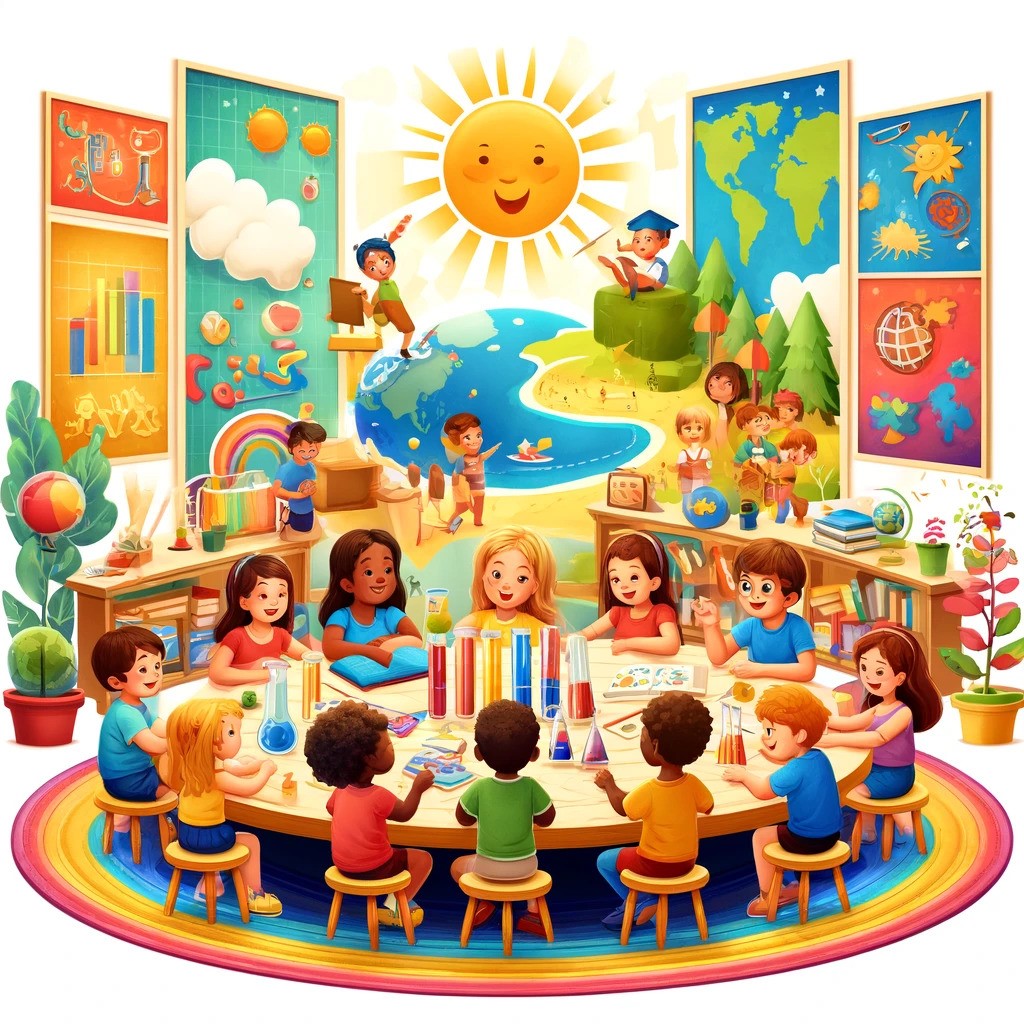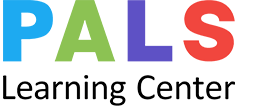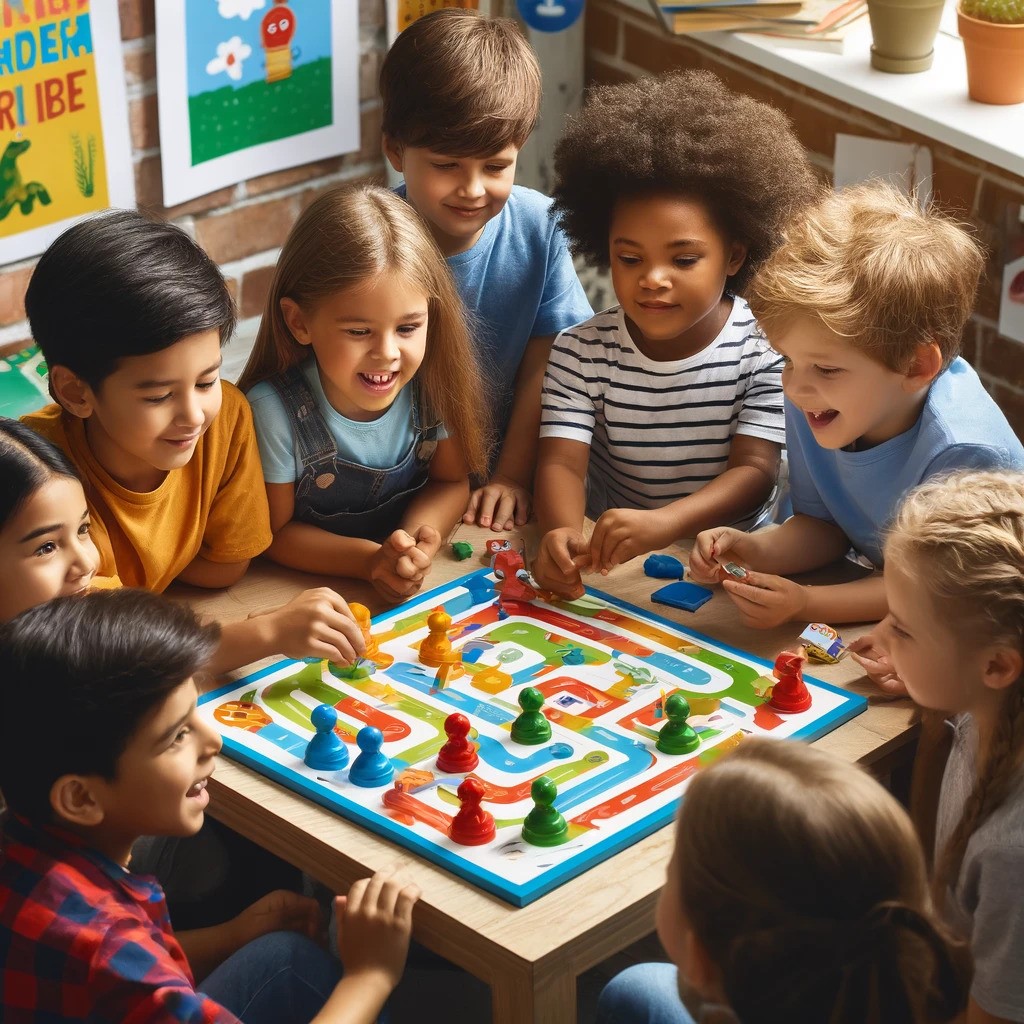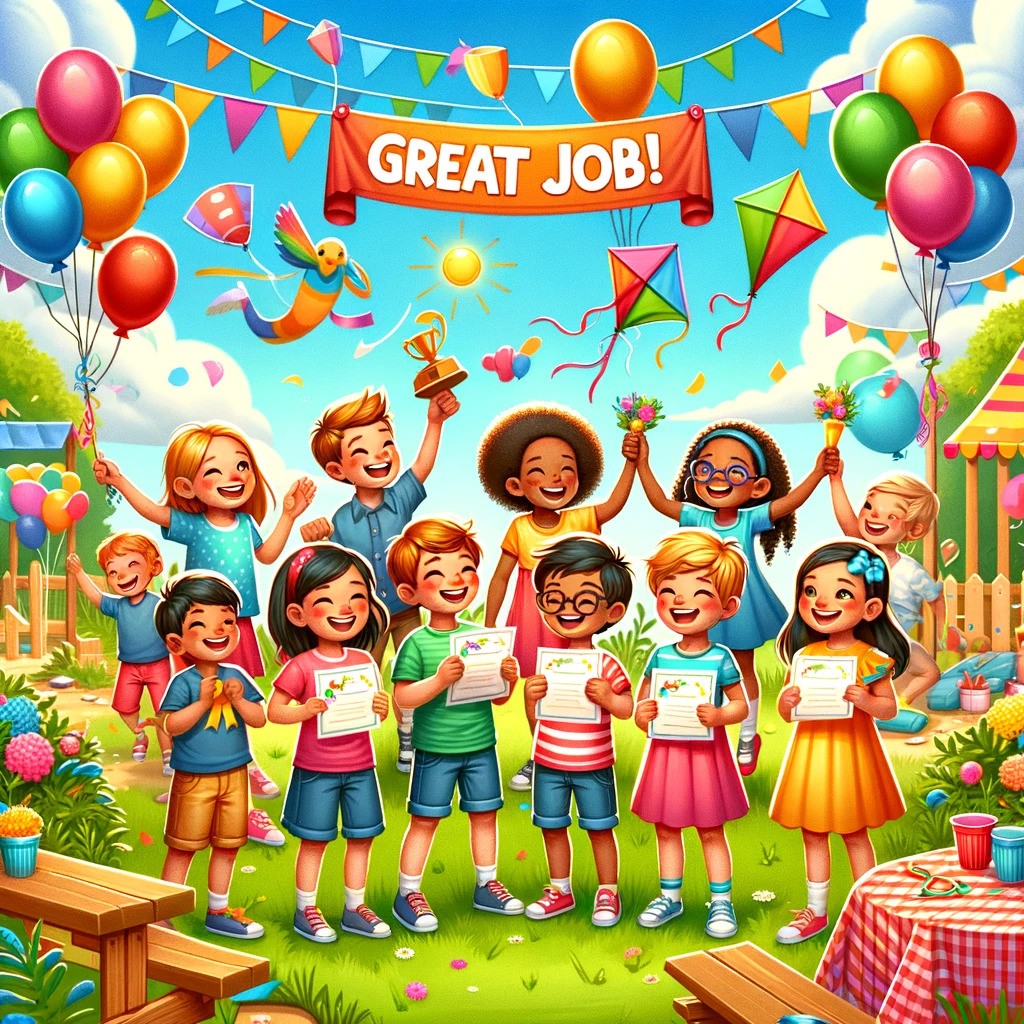Summer Learning Strategies to Prevent the Slide – PALS Learning Center

Importance of Engaging Children Over the Summer
As summer approaches, the laid-back days can sometimes lead to what educators refer to as the “summer slide.” This term describes the learning loss that occurs when school routines are paused. Studies have shown that students can lose a significant amount of the knowledge they gained during the academic year if they do not engage in educational activities during the summer break. This is especially true for critical subjects like reading and math, where consistent practice is key to retention.
To combat this, summer learning should be seen not just as a way to maintain academic skills but as an opportunity to enhance overall readiness for the next school year. The beauty of summer learning lies in its flexibility; activities can be both enjoyable and educational, fostering a love for learning without the pressure of grades and exams. By incorporating structured educational activities into the summer months, children can enjoy a seamless transition back to school, often with a sharper, more engaged mind.
Types of Educational Activities
Summer doesn’t have to mean a break from learning; it can be an enriching time filled with exciting educational opportunities. Integrating traditional educational materials with fun, interactive activities can keep children engaged and eager to learn. Here are some suggestions:
– **Educational Games:** Board games that require critical thinking, such as Scrabble for language skills or Math Bingo, can be both fun and educational.
– **Reading Challenges:** Participating in summer reading challenges, particularly through programs offered at PALS Learning Center, can motivate children to delve deeper into math or English, exploring new concepts and reinforcing existing knowledge.
– **Practical Science Experiments:** Set up simple experiments at home, such as building a vinegar and baking soda volcano or growing plants from seeds, to teach scientific concepts in a hands-on way.
For outdoor learning:
– **Nature Walks:** Organize walks in a local park or nature reserve where children can learn about different plants, insects, and ecosystems.
– **Historical Site Visits:** Visits to local historical sites can provide a deep dive into the area’s history and culture, making learning both tangible and memorable.
-**Embrace the Opportunity at PALS Learning Center:** Join PALS Learning Center’s FREE Summer Reading and Math Program to handle ‘summer slide’ and ensure a successful upcoming school year. Learning more about our program could offer your child unmatched educational enrichment!
These activities not only keep the mind active but also allow children to explore learning in a more relaxed, less structured environment.
—
Creating a Balanced Summer Schedule
Creating a balanced schedule during the summer months is crucial to ensure children have a mix of learning, play, and relaxation. Here are some strategies to help parents structure a productive yet leisurely summer:
– **Structured Morning Learning:** Organize the morning hours for more structured educational activities. This could involve sessions at PALS Learning Center, where children can engage in specialized summer programs, or dedicated time at home for reading and math exercises.
– **Free Afternoons for Exploration and Play:** Afternoons can be reserved for less structured activities such as free play, outings to the park, or family time. This allows children to unwind and enjoy summer to its fullest, fostering creativity and social skills.
– **Involvement in Planning:** Including children in the planning process of their summer activities can significantly enhance their engagement. Let them choose some activities they are interested in, whether it’s a particular book to read, a science kit to explore, or a historical site they’d like to visit. This gives them a sense of autonomy and makes the learning process more personal and exciting.
Balancing structured learning with ample downtime ensures that children do not become overwhelmed and enjoy their summer while continuing to learn. This approach promotes a healthy routine, preventing summer learning loss and preparing children for the transition back to school.
—
Recommended Resources and Tools
To support summer learning, a variety of resources and tools can be tremendously helpful. Here are some recommendations that PALS Learning Center endorses for an enriching summer:
– **Educational Websites:** Online platforms such as Khan Academy, National Geographic Kids, and Funbrain offer a wealth of activities and lessons that cover a wide range of subjects, from math to science to social studies. These resources are designed to be engaging and can be accessed from home at any time.
– **Local Library Programs:** Many local libraries host summer reading programs that encourage children to keep reading over the summer. These programs often come with reading lists tailored to various age groups and sometimes include competitions with rewards for the most books read.
– **PALS Learning Center Materials:** We provide specially curated educational materials that complement our summer programs. These materials are designed to reinforce the learning done during sessions and encourage further exploration of subjects at home.
– **Apps and Games:** Educational apps and games can make learning fun and interactive. Look for apps that offer puzzles, skill challenges, and even AR (augmented reality) experiences that bring educational concepts to life.
By integrating these resources into your child’s summer, you can ensure they continue to learn in a diverse and stimulating environment. Whether at home, in a structured program at PALS, or through self-directed activities, these tools can help maintain and extend educational growth over the summer months.
—
Measuring Progress
Monitoring progress over the summer is key to ensuring that the time spent on learning activities is effective. Here are some practical ways parents can measure and encourage their children’s learning progress during the summer months:
– **Set Clear Goals:** At the start of the summer, sit down with your child to set specific, achievable goals. These might involve reading a set number of books, mastering a particular math skill, or completing a science project. These goals provide a clear roadmap for the summer’s activities and give children something tangible to work towards.
– **Regular Check-ins:** Schedule weekly check-ins to discuss progress and any challenges your child might be facing. This keeps the goals in focus and allows for adjustments if necessary.
– **Learning Journals:** Encourage your child to keep a journal detailing what they learn each day. This can include new words, math problems solved, or summaries of the books they read. Reviewing this journal together can offer insights into their progress and areas where they might need more support.
– **Use of Educational Apps with Progress Tracking:** Many educational apps come with built-in progress tracking. These can provide detailed reports on what your child is learning, the skills they are developing, and areas where they may need further practice.
– **End-of-Summer Review:** At the end of the summer, review all the goals set and see how much your child has accomplished. Celebrate their successes and discuss what they enjoyed most to guide future learning activities.
By taking these steps, parents can effectively track their children’s academic progress over the summer, making learning both rewarding and enjoyable.
—
Conclusion
Summer provides a unique opportunity to blend learning with fun, ensuring that children remain engaged and retain their academic skills while enjoying their break. By incorporating a variety of educational activities, utilizing recommended resources, and measuring progress, parents can effectively support their children’s education outside the traditional classroom setting. PALS Learning Center is here to support you every step of the way with programs that prevent summer slide and ensure a smooth transition to the next school year.
We encourage all parents to explore these opportunities and enroll their children in activities that will not only keep them learning but also spark their curiosity and enthusiasm for discovery. Let’s make this summer a productive and joyful time for our students!






